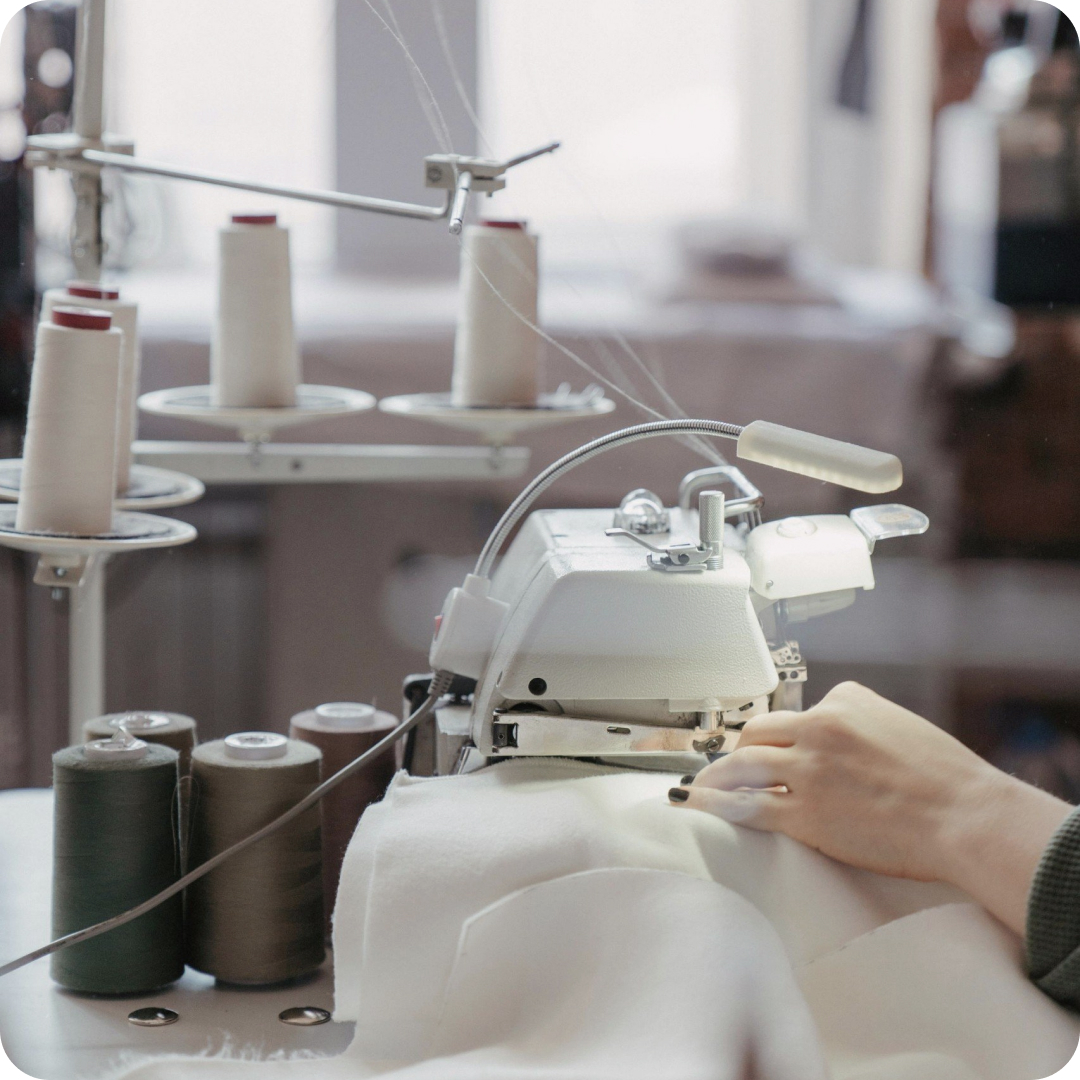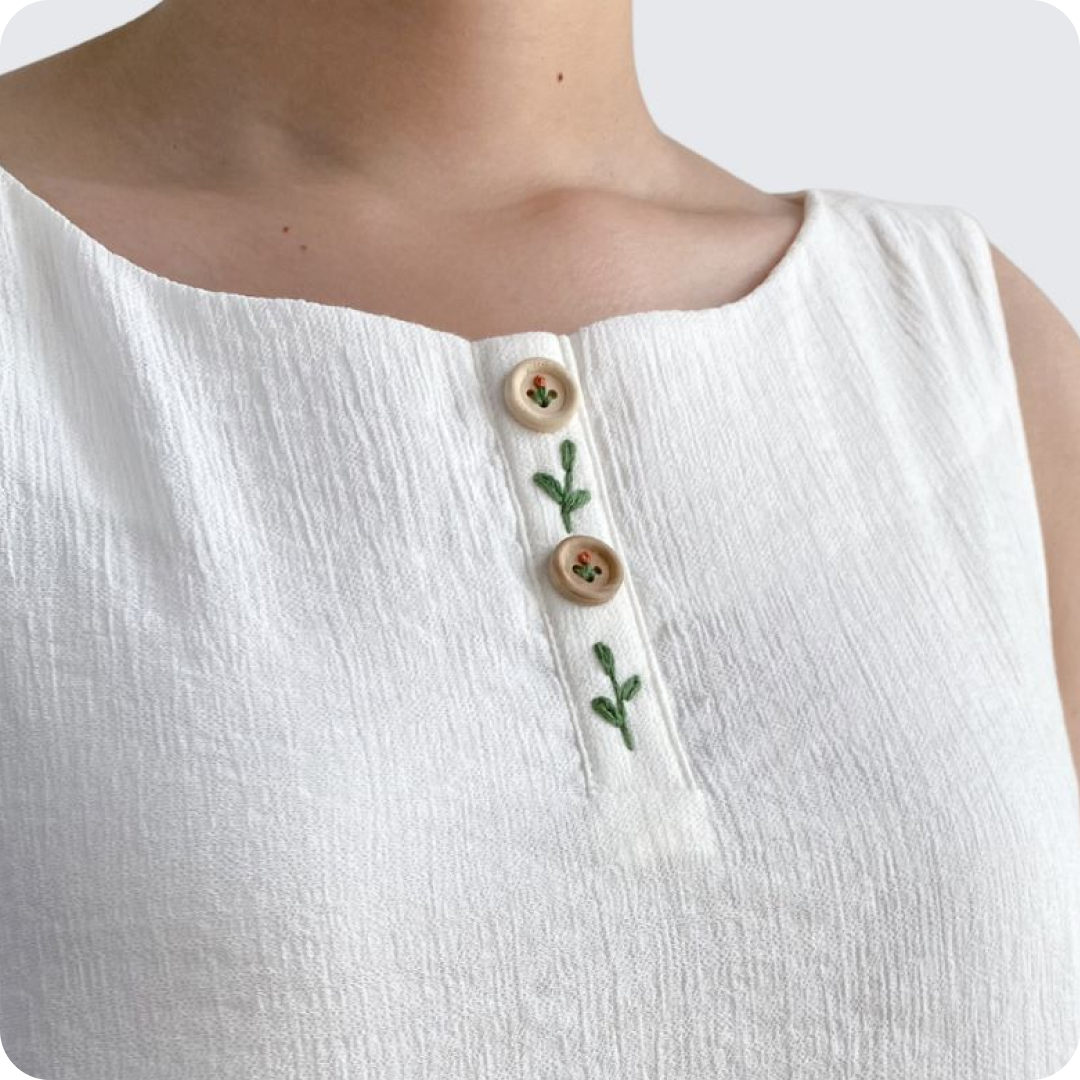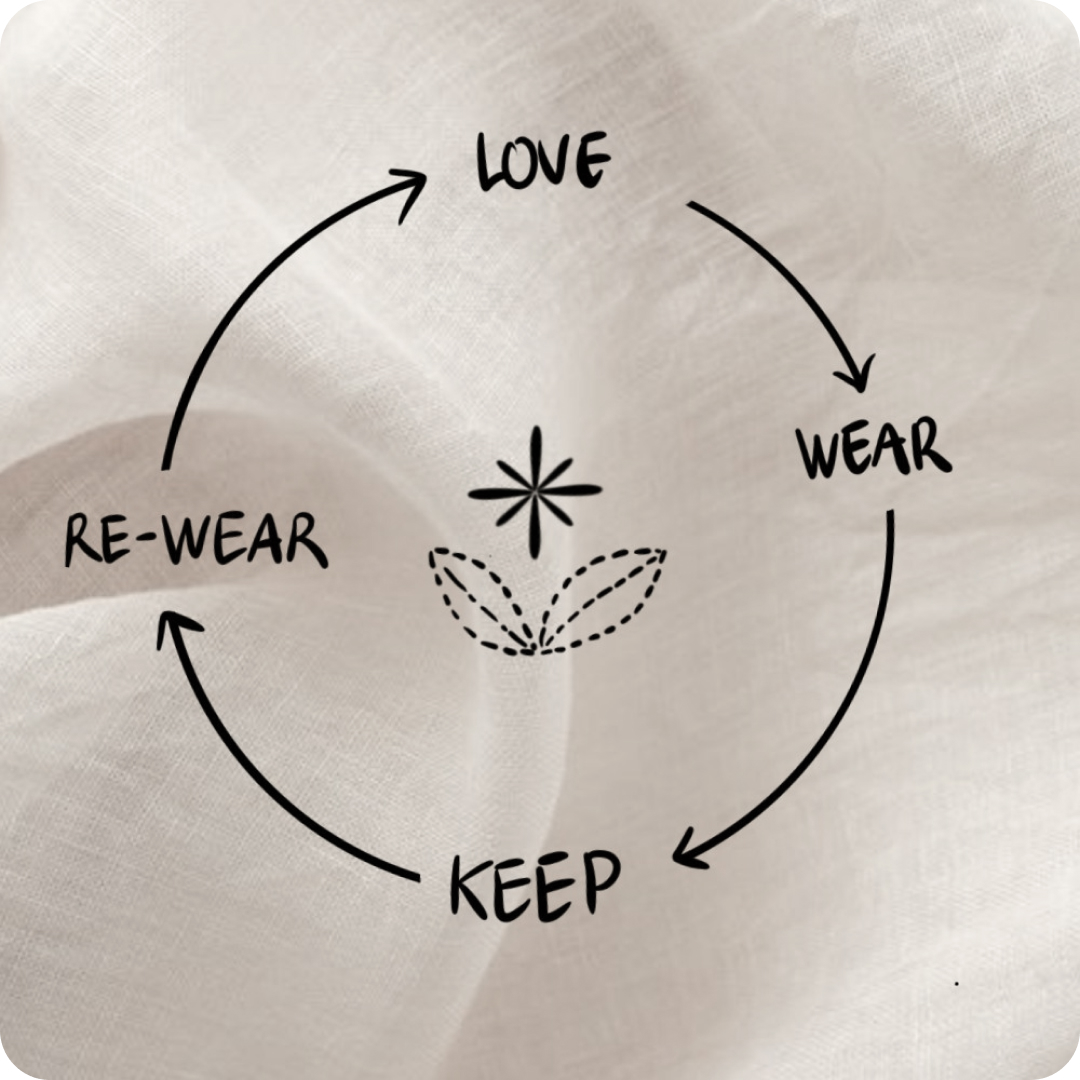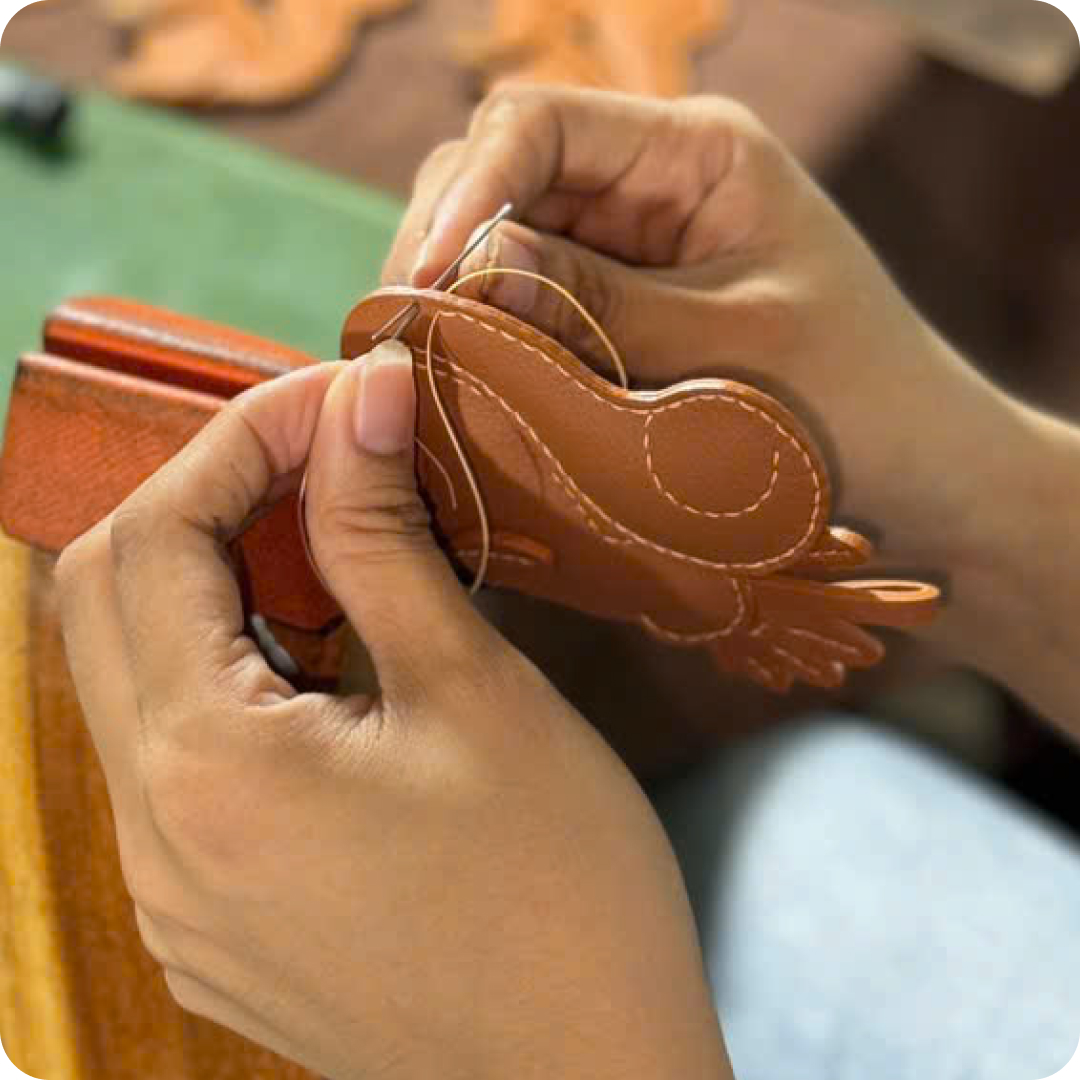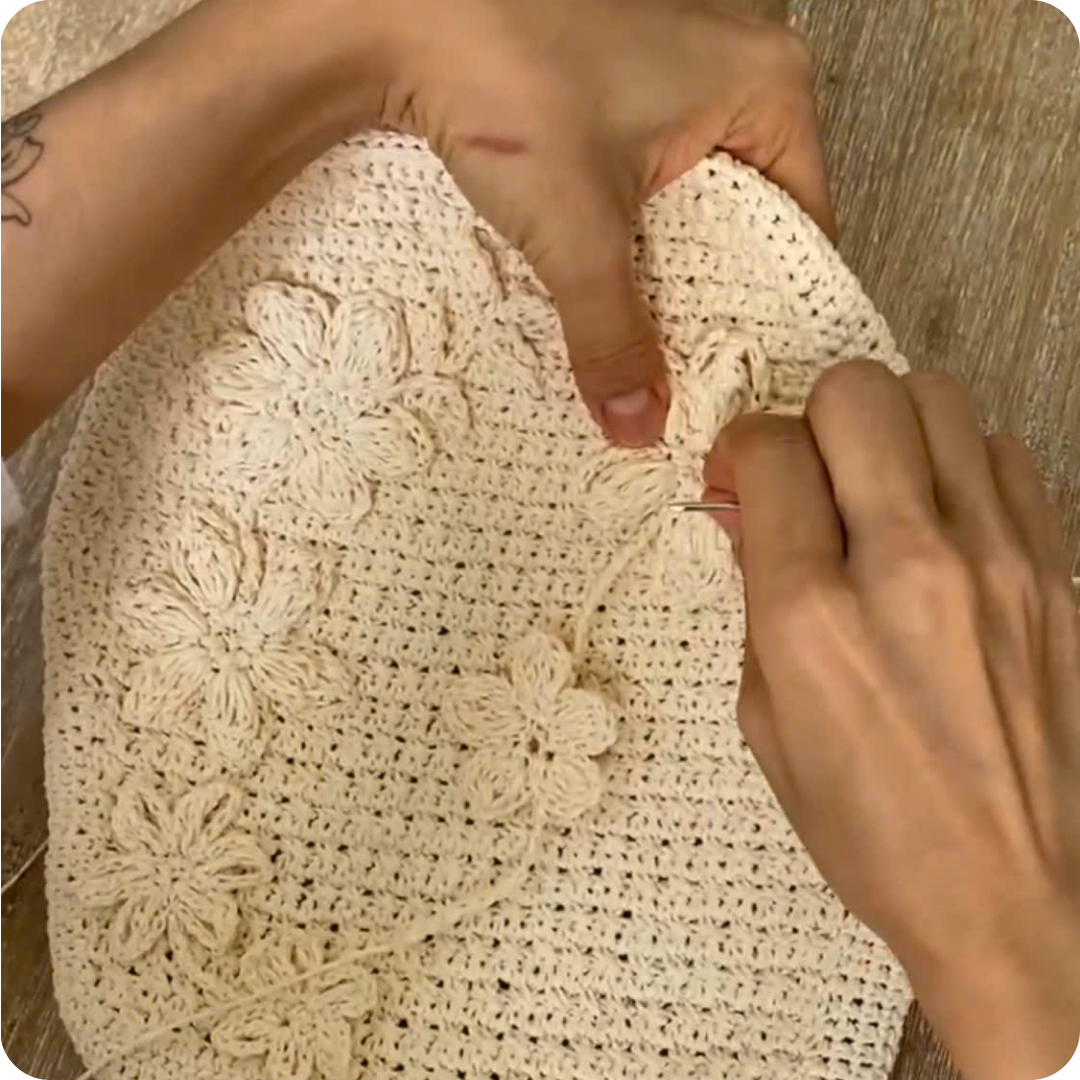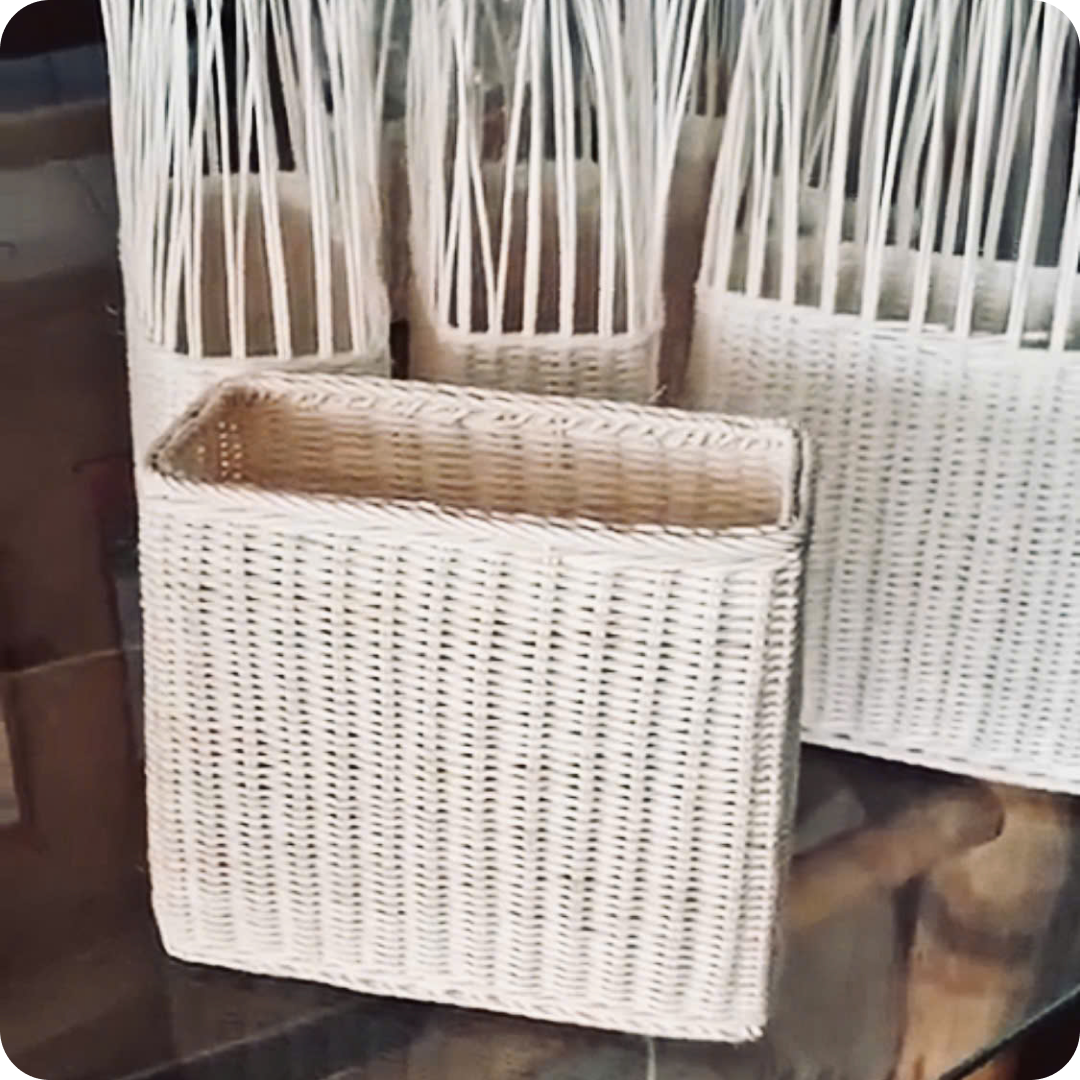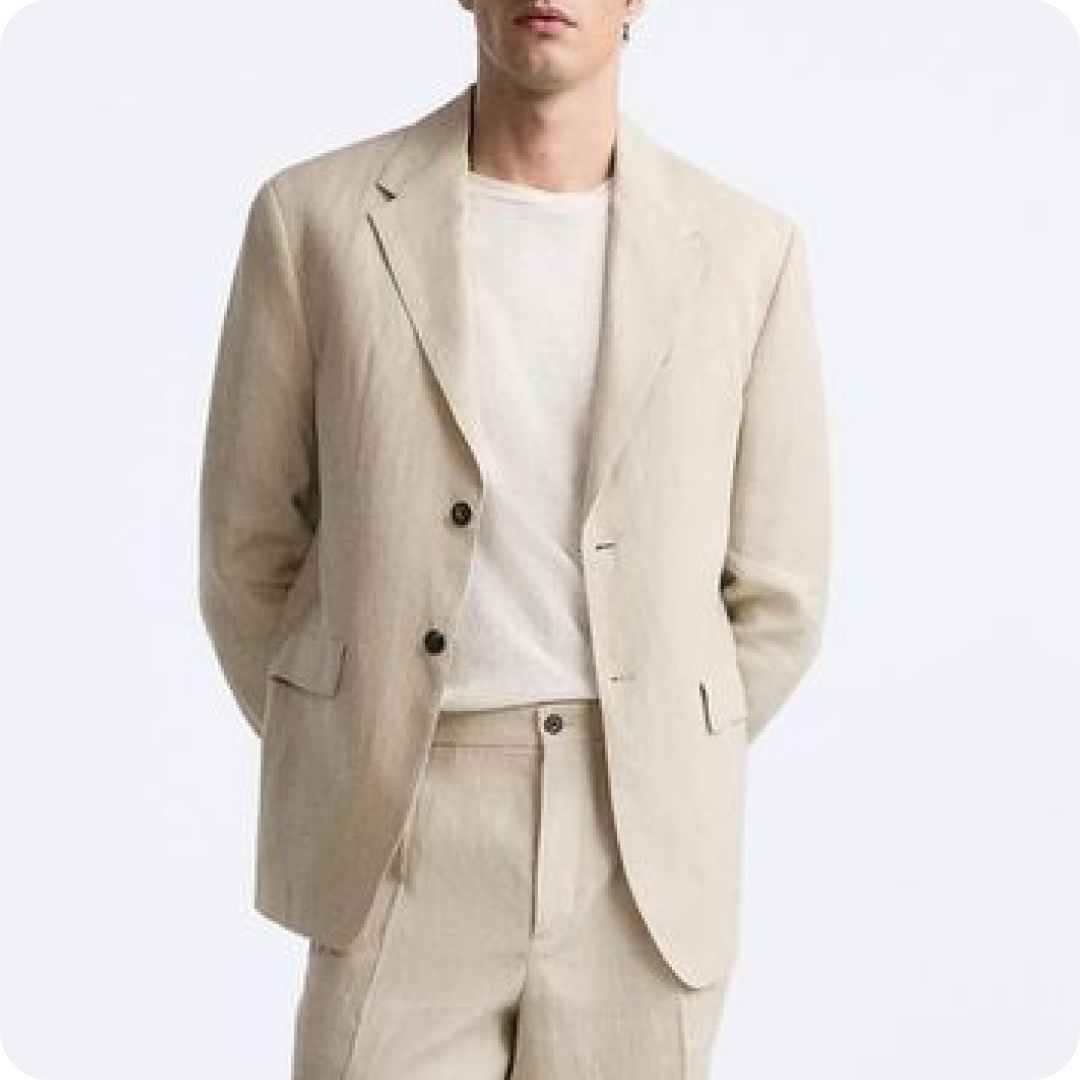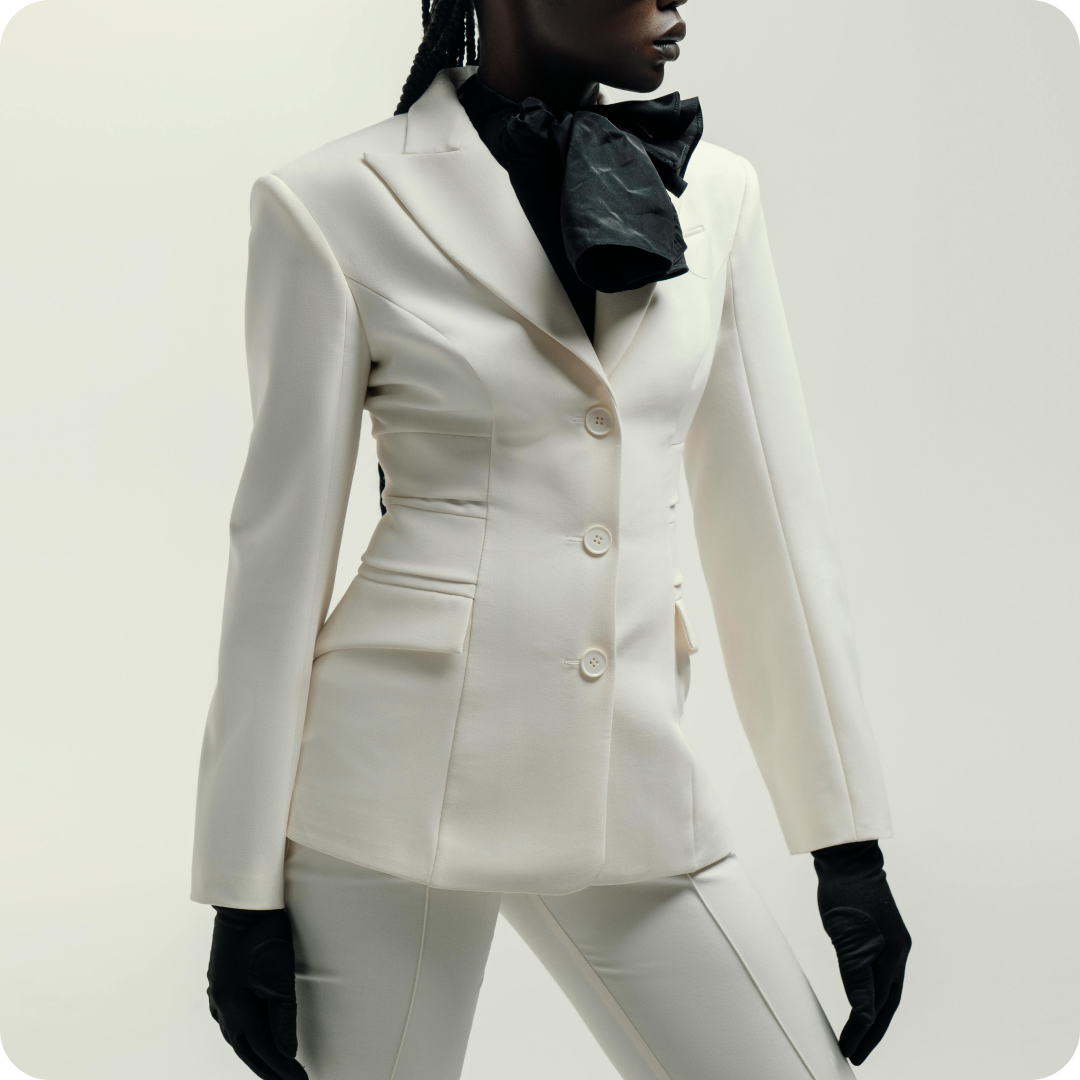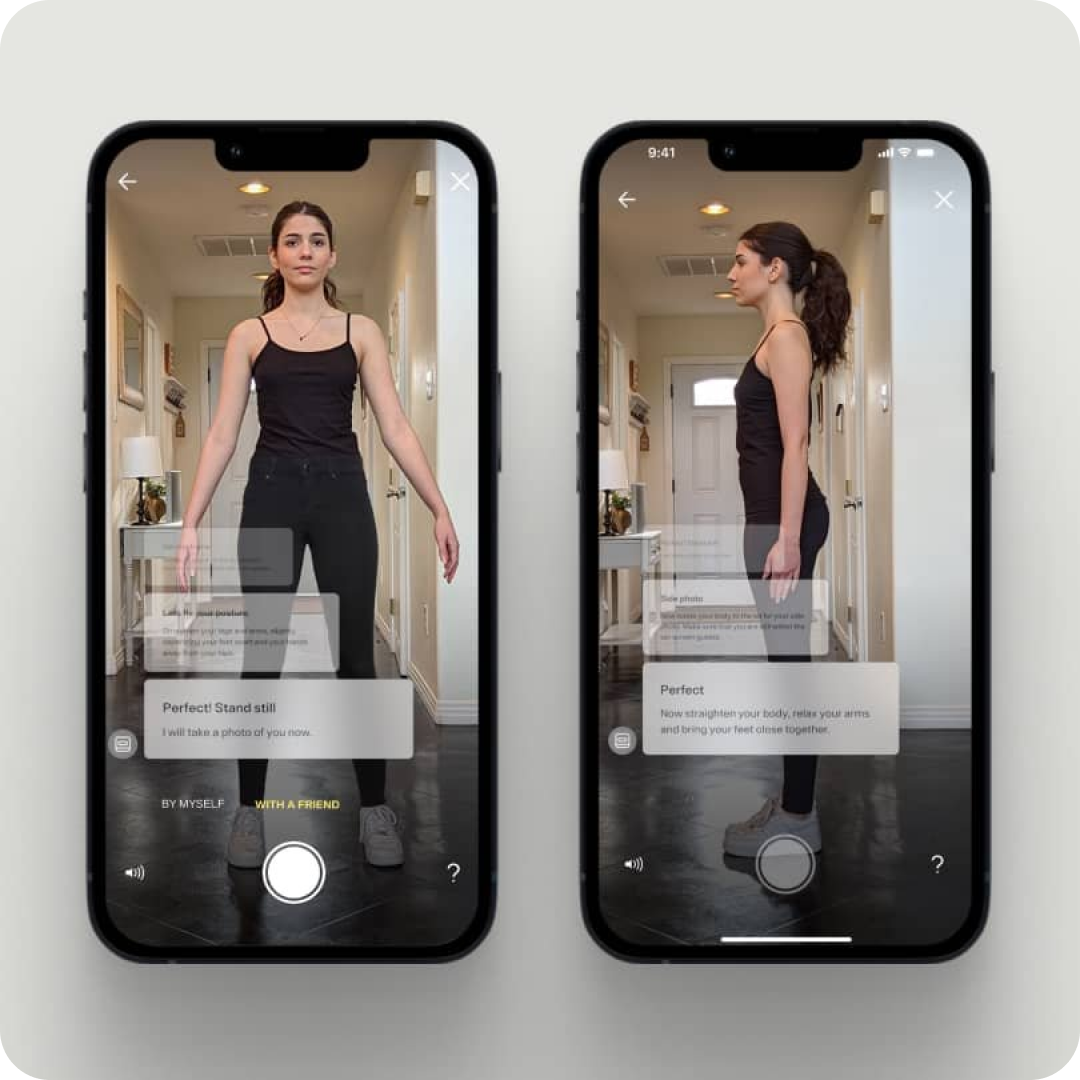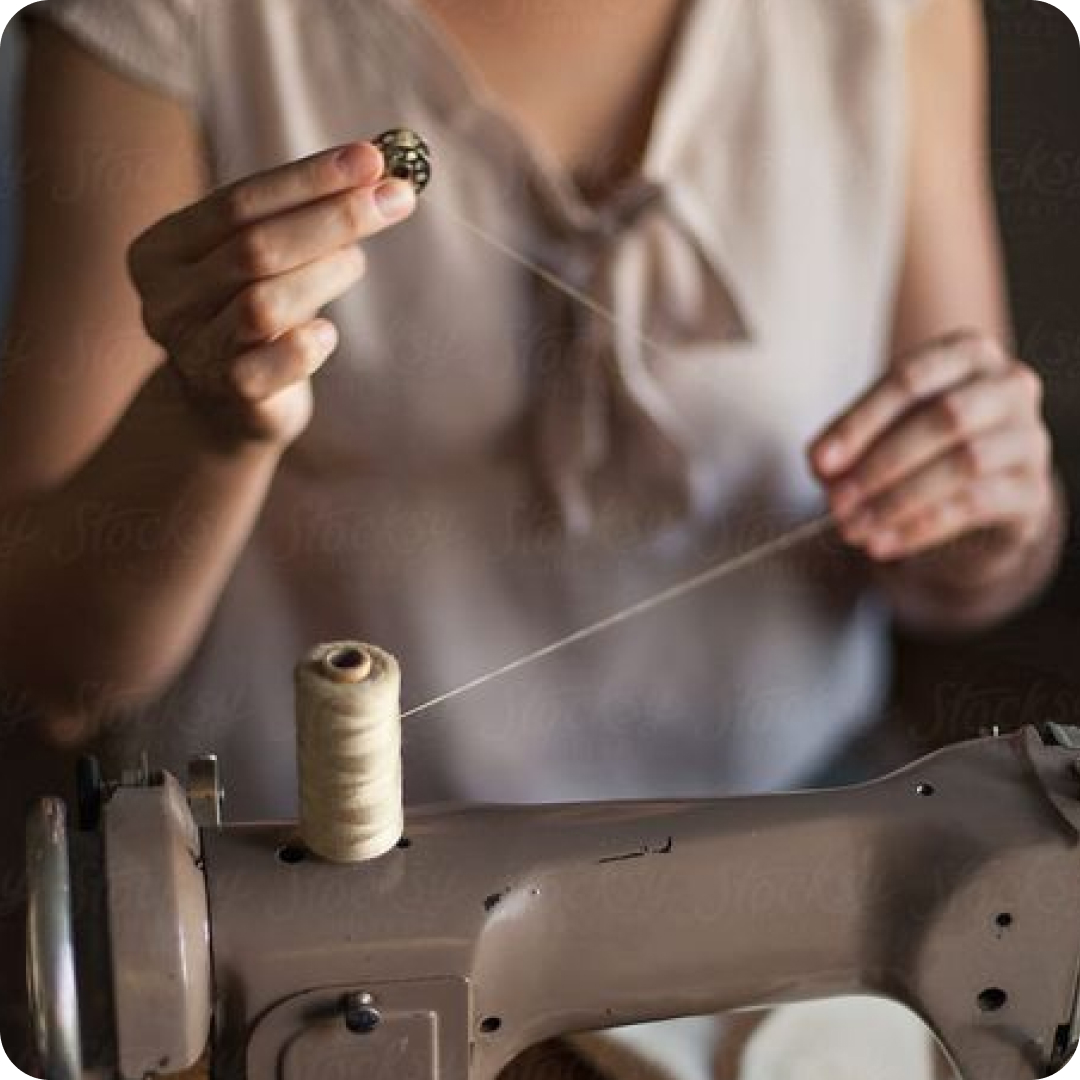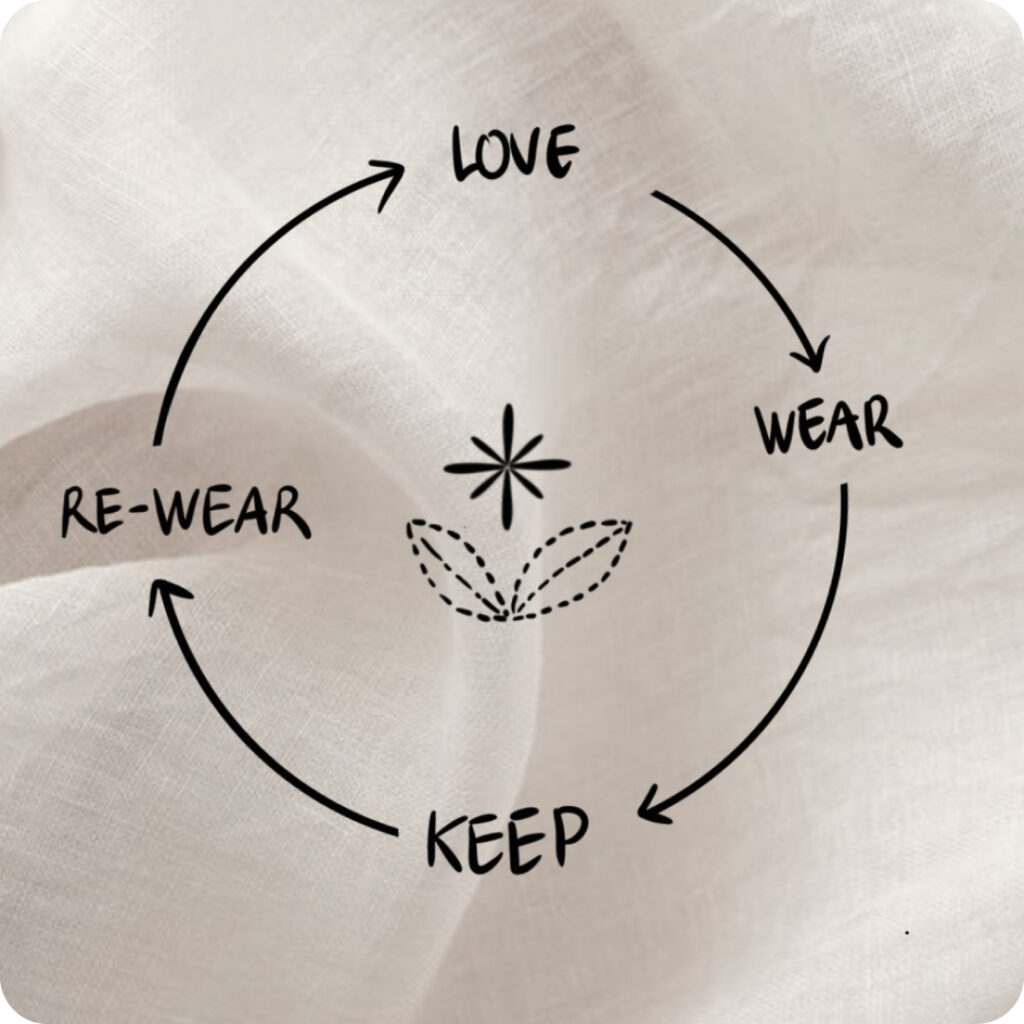3D Design: A New Era in Designer Fashion Clothes
The realm of designer fashion is witnessing a revolutionary shift, as 3D design emerges as a game-changing force. This innovative approach has rapidly evolved from a futuristic concept into a practical tool, reshaping how fashion clothes are conceived, created, and consumed. The convergence of artistry and technology through 3D design is not just redefining the industry’s creative process but also its commercial practices, ecological impact, and the very essence of fashion online shopping experiences.
Fashion Clothes and technology are increasingly intertwined, shaping how we design, produce, and wear clothing. (Internet Source)
The Emergence of 3D Design in Fashion Clothes
In a world that’s increasingly digital, the fashion industry has embraced the use of 3D scan to craft masterpieces that were once confined to the limitations of the physical world. More than mere sketches on paper, these virtual models provide a multi-dimensional view, giving life to designer fashion before the first cut is made. This not only allows designers to experiment with endless variations of their conceptions but also to visualize the finished product with striking precision.
Revolutionizing the Creation Process
3D technology has streamlined the design process, making it faster, more efficient, and remarkably precise. By constructing detailed digital prototypes, designers can make adjustments on the fly and foresee how different fabrics and fits alter the overall look of fashion. The technology also reduces waste, as changes are made virtually, avoiding the need for multiple physical samples. This leap in process engineering has thus become a catalyst for fostering sustainable practices within the domain of fashion & clothing.
Sustainability and Ethical Production
The integration of 3D scan techniques is setting new benchmarks for environmental stewardship in the fashion industry. By refining the prototyping process, the technology lessens fabric waste and energy consumption that typically accompany traditional garment production. Notably, the forward-looking approach advances the ethics of designer fashion, supporting brands that are committed to reducing their carbon footprint and promoting a more sustainable future.
Advent of On-Demand Fashion
One of the most significant impacts of 3D design is on the production side of designer fashion. The on-demand manufacturing model, buoyed by 3D visualization and printing techniques, negates the need for large inventory stocks by allowing the creation of fashion clothes only when an order is placed. This translates to enhanced flexibility in inventory management and a direct correlation with the actual market demand, considerably minimizing overproduction and surplus.
Enhancing Consumer Experience
Shopping for fashion online has taken a leap forward with 3D design technology. Customers can now view garments in a 360-degree landscape, offering an interactive and immersive shopping experience. This not only elevates the customer’s engagement with the product but also reduces the likelihood of returns since buyers have a more accurate expectation of the item. In addition, some platforms are exploring virtual fitting rooms — a testament to the limitless potential of 3D design in reshaping retail fashion.
AR shopping enhances the retail experience with digital elements (Internet Source)
The Futuristic Fabric of Designer Fashion
The proliferation of 3D design signals a new dawn for designer fashion. As the tools and techniques continue to evolve, we can expect even bolder innovations on the horizon. Whether it’s the creation of avant-garde pieces that challenge our conception of clothing or the development of new materials that expand the possibilities of wearability and functionality, 3D design stands at the forefront of this exciting future. It empowers designers to push the boundaries of imagination, crafting fashion that embodies a harmony of aesthetic appeal and practical design.
In the era of digital advancement, 3D design is undoubtedly setting a new standard in the fashion industry. As designers and consumers alike embrace this evolution, the fashion landscape is not just changing; it’s thriving. With a commitment to innovation, sustainability, and a superior consumer experience, the future of designer fashion is wearing a decidedly digital look—a trend that promises to keep the industry in vogue for years to come.

